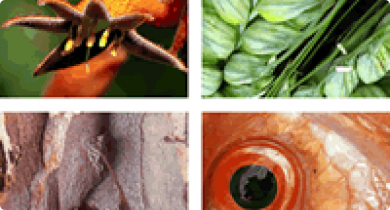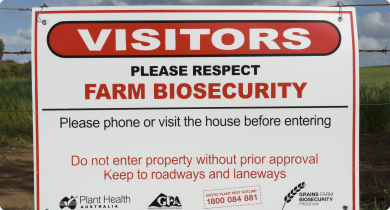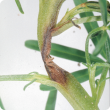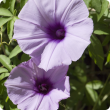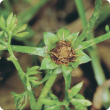Pests, weeds & diseases
Pests, weeds and diseases pose a serious risk for primary producers as they can impact on market access and agricultural production.
To reduce the impact of pests, weeds and diseases, the Department of Primary Industries and Regional Development:
- works with landholders, grower groups, community groups and biosecurity groups.
- provides diagnostic services and information on prevention, management and treatment.
- provides biosecurity and quarantine measures to prevent introduction, and to eradicate or manage current pests.
For advice on pests, weeds and diseases search our website, the Western Australian Organism List or contact our Pest and Disease Information Service (PaDIS).
For diagnostic services, please contact our Diagnostic Laboratory Services.
Filter by search
Filter by topic
- Crops (735) Apply Crops filter
- Diseases (671) Apply Diseases filter
- Grains (546) Apply Grains filter
- Fungi (394) Apply Fungi filter
- Crop diseases (377) Apply Crop diseases filter
- Pests (323) Apply Pests filter
- Weeds (287) Apply Weeds filter
- Biosecurity & quarantine (267) Apply Biosecurity & quarantine filter
- Pulses (258) Apply Pulses filter
- Control methods (256) Apply Control methods filter
- Biosecurity (251) Apply Biosecurity filter
- Field peas (248) Apply Field peas filter
- Chemicals (215) Apply Chemicals filter
- Pest insects (196) Apply Pest insects filter
- Declared plants (180) Apply Declared plants filter
- Horticulture (164) Apply Horticulture filter
- Livestock & animals (156) Apply Livestock & animals filter
- Herbicides (139) Apply Herbicides filter
- Livestock health & diseases (130) Apply Livestock health & diseases filter
- Livestock biosecurity (120) Apply Livestock biosecurity filter
- Livestock disease surveillance (109) Apply Livestock disease surveillance filter
- Canola (106) Apply Canola filter
- Livestock species (102) Apply Livestock species filter
- Plant biosecurity (79) Apply Plant biosecurity filter
- Livestock management (74) Apply Livestock management filter
- Pest animals (70) Apply Pest animals filter
- Grains research & development (70) Apply Grains research & development filter
- Fruit (69) Apply Fruit filter
- Vegetables (66) Apply Vegetables filter
- Crop weeds (59) Apply Crop weeds filter
- Weeds of National Significance (58) Apply Weeds of National Significance filter
- Wheat (55) Apply Wheat filter
- Lupins (47) Apply Lupins filter
- Sheep (46) Apply Sheep filter
- Mechanical, physical and cultural (43) Apply Mechanical, physical and cultural filter
- Pest mammals (42) Apply Pest mammals filter
- Barley (38) Apply Barley filter
- Potatoes (36) Apply Potatoes filter
- Invasive species (36) Apply Invasive species filter
- Emergency animal disease preparedness (34) Apply Emergency animal disease preparedness filter
- Viruses & virus-like (33) Apply Viruses & virus-like filter
- Beef cattle (32) Apply Beef cattle filter
- Grapes & wine (30) Apply Grapes & wine filter
- Dairy cattle (24) Apply Dairy cattle filter
- Oats (22) Apply Oats filter
- Climate, land & water (22) Apply Climate, land & water filter
- Citrus (22) Apply Citrus filter
- Mites & spiders (21) Apply Mites & spiders filter
- Baits & poisons (19) Apply Baits & poisons filter

